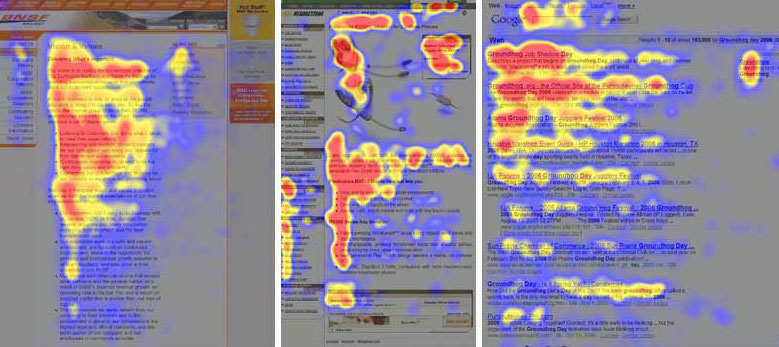Military officers deploying abroad and executives conducting activities overseas often receive cultural training designed to help them avoid offending host country nationals and to negotiate effectively with host country counterparts. Such cultural training usually covers the meaning of gestures in the foreign context, basic pleasantries in the foreign language, and generalities such as “Japanese will try to avoid saying no” or “Jordanians are renowned for their hospitality.” While necessary, such cultural training often falls short of meeting the needs of a person entering not only an unfamiliar culture but an unfamiliar political and historical context. A case in point is Turkey, which has a complex history of secularism, pan-Islamism, pan-Turkism, Kurdish separatism, militant leftist movements, and empire fragmentation, as well as military, political, and legal ties to the West.
Tags: Context
What if I told you that the majority of visitors to your site aren't actually reading your content but are just skimming it? The fact is most people simply don't bother reading everything on your page. There are many reasons for this, but they all stem from a simple notion: the ways people read online versus with print are completely different. To have customers or readers spend more time on your webpage and get the most out of your content, you need to understand how to write for the web, but you can only get there if you understand how to read on the web.
We Want to Shape the Future Without Spending Time Building Context
The 9-11 Commission stated six primary reasons for restructuring the Intelligence Community. First on the list was that information was not organized. The Commission argued that the importance of “...integrated, all-source analysis cannot be overstated. Without it, it is not possible to ‘connect the dots.’” But what were the dots? Were they data, information, or intelligence? Those dots were pieces of data with no overarching context for their collective meaning because agencies kept their type of data—and likely all their data—separated from other organizations. Because of this separation, the data never made the leap to become information.
Tags: Context
Whether you’re a seasoned web content manager or a newbie blogger, you’ll likely find yourself asking this question: what is the best image file format to use for my web page? JPGs are everywhere, but what is a PNG? What’s up with GIFs (however you pronounce it)? Rest easy, there’s an answer.
Tags: Knowledge Management, Data Visualization, Complexity, Context
Managing information often results in cumbersome data sets that are not friendly to readers or the poor saps curating them. Whether working through thousands of pages of coded results from polling data or attempting to glean relevant information from lengthy, turgid reports, sometimes we let ourselves get bogged down in mass rather than focusing on that which is salient.
Enter your new best friend: graphics. Recent research found that the human brain processes images at a rate 60,000 times faster than text. The eye is drawn to visuals. Our brains crave information that is easier to access. This isn’t because we are dumb. It’s because reading comprehension is, quite simply, a more complicated task for our minds. A graphic—whether in the form of a map, chart, or infographic—is a powerful tool to convey complex data in a more memorable, marketable, and satisfying way.
Tags: Context





